In today’s data-driven world, information is power. Companies and individuals alike rely on data to make informed decisions, develop new products, and stay ahead of the competition. But with the vast amounts of data available on the internet, manually collecting and processing this data can be a daunting and time-consuming task. That’s where web scraping comes in.
What is web scraping, you might ask? At its core, web scraping is the automated process of collecting data from websites. By using specialized software tools, web scrapers can extract relevant data points from web pages, such as product prices, stock prices, news articles, or social media posts. This data can then be analyzed, visualized, or used to train machine learning models.
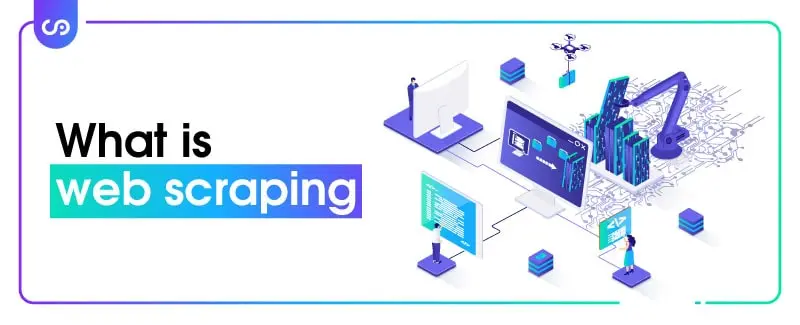
The applications of web scraping are numerous and diverse. E-commerce companies can use web scraping to monitor competitors’ prices, track product information, and improve their own pricing strategies. Marketers can use web scraping to generate leads, monitor social media sentiment, or analyze customer reviews. Researchers can use web scraping to collect academic data, track trends in public opinion, or analyze social media behavior. The possibilities are endless.
However, with great power comes great responsibility. As we’ll see in the next section, there are legal and ethical considerations to take into account when using web scraping. But by following best practices and staying up-to-date with the latest technologies and regulations, we can ensure that web scraping remains a valuable and ethical tool for data collection and analysis.
What’s web scraping good for?
Web scraping is a powerful tool for data collection and analysis, and its applications are numerous and diverse. From e-commerce to finance, marketing to research, web scraping can provide valuable insights and competitive advantages to businesses and individuals alike.
Let’s take a closer look at some of the most common applications of web scraping:
E-commerce
Web scraping is particularly useful for e-commerce companies, who can use it to monitor competitors’ prices, track product information, and improve their own pricing strategies. For example, a retailer may use web scraping to gather data on competitors’ prices for a specific product and adjust their own prices accordingly to remain competitive.
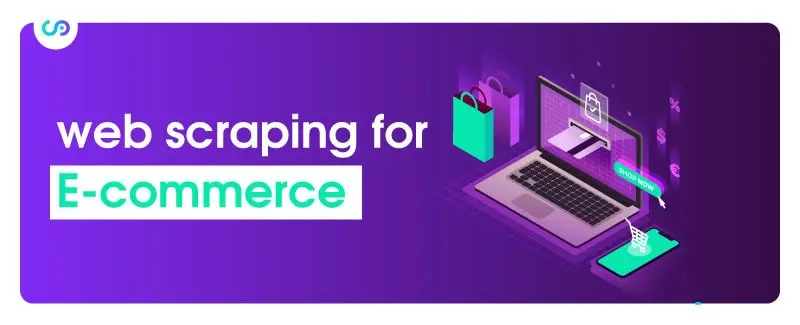
Similarly, web scraping can be used to track product availability, customer reviews, and other relevant information that can inform a company’s sales and marketing strategies.
Marketing
Web scraping is also widely used in marketing, where it can be used to generate leads, monitor social media sentiment, or analyze customer reviews. For example, a company may use web scraping to collect email addresses of potential customers from websites or social media platforms, and then use these addresses for targeted email campaigns.
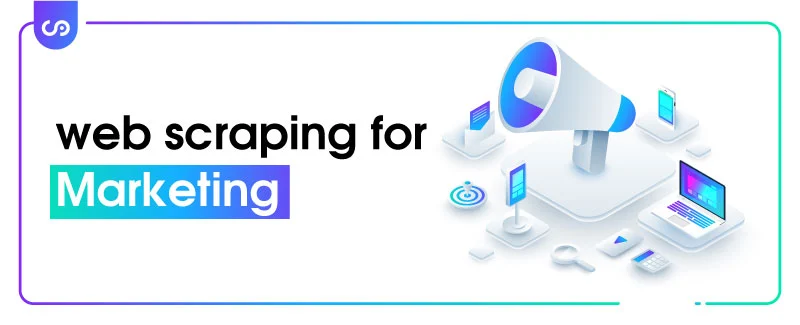
Similarly, web scraping can be used to monitor social media platforms for mentions of a company or its products, allowing companies to quickly respond to customer feedback or complaints.
Finance
Web scraping is also a valuable tool for finance professionals, who can use it to collect and analyze data on stock prices, news articles, or social media sentiment. For example, a stock trader may use web scraping to monitor news articles for mentions of a specific company, which can inform their trading decisions.
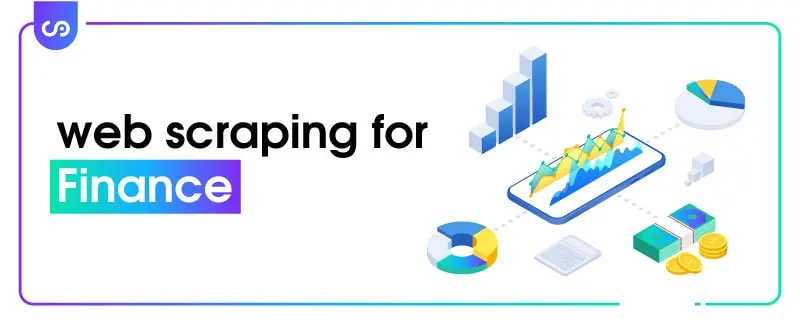
Similarly, web scraping can be used to collect data on stock prices, dividends, or other financial indicators, which can be used to inform investment strategies.
Research
Finally, web scraping is widely used in research, where it can be used to collect academic data, track trends in public opinion, or analyze social media behavior. For example, a social scientist may use web scraping to collect data on public opinion from social media platforms, which can be used to study trends in political or social attitudes.
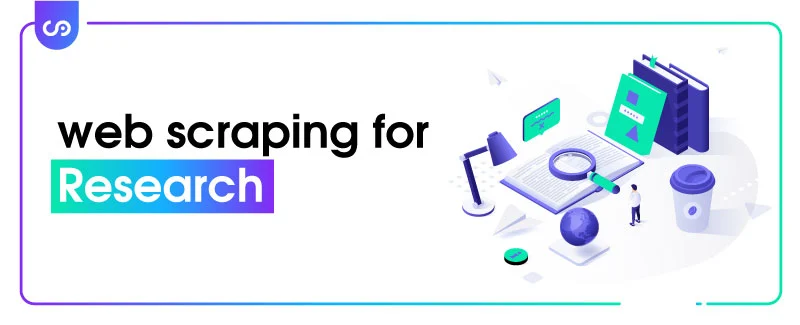
Similarly, web scraping can be used to collect data on academic publications or other relevant information, which can inform research projects in a variety of fields.
Web Scraping with C#
Web scraping with C# is a powerful technique used to extract data from websites. By leveraging the capabilities of C# programming language, developers can automate the process of fetching and parsing web content, allowing them to retrieve valuable information for various purposes. Whether it’s gathering data for research, monitoring competitor websites, or aggregating information for analysis, web scraping in C# provides a versatile solution. To delve deeper into the intricacies of web scraping with C# and learn how to implement it effectively, you can refer to this comprehensive article: Web Scraping With C#
Scraping with Python
Web scraping with Python is a widely adopted method for extracting data from websites. Python’s simplicity and extensive library ecosystem, including BeautifulSoup and Scrapy, make it an ideal language for web scraping projects. With Python, developers can automate the retrieval, parsing, and storage of web content, enabling them to extract valuable information for a variety of purposes. Whether it’s collecting data for research, building datasets, or monitoring online trends, Python’s versatility makes it a popular choice for web scraping tasks. To gain a comprehensive understanding of web scraping with Python and explore various techniques and best practices, you can refer to this detailed article: Scraping with Python
Web Scraping with JavaScript
Web scraping with JavaScript opens up a whole new realm of possibilities for data extraction directly from websites. JavaScript, being the language of the web, allows developers to interact with web elements and manipulate the DOM (Document Object Model) dynamically. With libraries like Cheerio and Puppeteer, web scraping in JavaScript becomes an efficient and flexible process. By leveraging the power of JavaScript, developers can automate the extraction of data, handle asynchronous tasks, and navigate through complex web pages. If you want to dive deeper into the world of web scraping with JavaScript and learn how to harness its capabilities effectively, you can refer to this comprehensive article: Web Scraping with JavaScript
Web Scraping for Non-programmers
Web scraping for non-programmers is a valuable skill that allows individuals without programming experience to extract data from websites. There are user-friendly tools available that provide a visual interface, eliminating the need for coding knowledge. These tools, such as Import.io, ParseHub, and Octoparse, enable users to interact with web elements, define scraping rules, and extract desired data points easily. Web scraping for non-programmers empowers individuals to gather information for personal or professional use, such as market research, price comparisons, or data analysis. If you’re interested in learning more about web scraping without programming, you can explore this informative article: Web Scraping for Non-programmers
Legal and ethical concerns
While web scraping can provide valuable insights and competitive advantages, it’s important to remember that scraping data from websites without permission can raise legal and ethical issues. When engaging in web scraping, it’s important to understand the legal and ethical considerations involved to avoid potential legal action, reputational damage, or loss of access to valuable data sources.
Let’s take a closer look at some of the key legal and ethical considerations involved in web scraping:
Intellectual property rights
When scraping data from websites, it’s important to consider the intellectual property rights of the website owner. Some websites may have terms of service or other legal agreements that prohibit web scraping, and scraping data without permission can infringe on the website owner’s intellectual property rights. To avoid legal issues, it’s important to obtain permission from the website owner before scraping data.
Data privacy
Web scraping can also raise data privacy concerns, particularly when scraping personal data. In many countries, there are laws and regulations governing the collection, use, and storage of personal data, and failing to comply with these regulations can result in legal action or reputational damage.
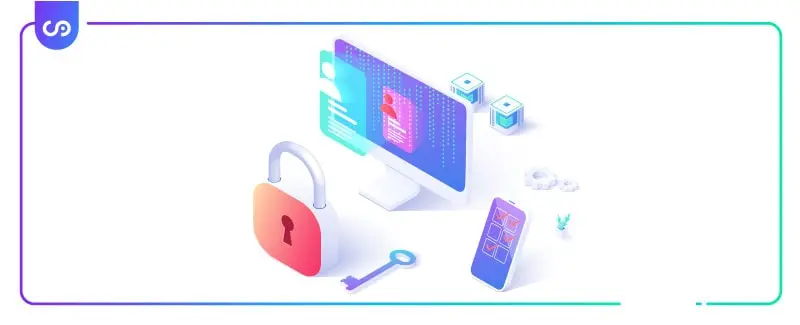
When scraping personal data, it’s important to ensure that the data is collected and used in compliance with applicable data protection regulations.
Fair use
In some cases, web scraping may fall under the concept of fair use, which allows for limited use of copyrighted material without permission for certain purposes, such as commentary, criticism, or news reporting. However, the concept of fair use can be complex and varies by jurisdiction, so it’s important to consult with legal experts to ensure that scraping data falls under fair use.
Ethical considerations
Finally, it’s important to consider the ethical implications of web scraping. For example, scraping data from social media platforms may raise privacy or consent concerns, particularly if the data is used for commercial purposes. Similarly, scraping data from competitors or other businesses may raise issues of corporate espionage or unfair competition. To avoid ethical issues, it’s important to be transparent about the data being collected and how it will be used.
Web scraping the right way
Web scraping can provide valuable insights and competitive advantages, but it’s important to engage in web scraping responsibly and ethically. To ensure that web scraping is conducted in a way that respects intellectual property rights, data privacy, and ethical considerations, there are several best practices that should be followed.
Let’s take a closer look at some of the key best practices for web scraping:
Obtain permission
Before scraping data from a website, it’s important to obtain permission from the website owner. Some websites may have terms of service or other legal agreements that prohibit web scraping, and scraping data without permission can infringe on the website owner’s intellectual property rights. To avoid legal issues, it’s important to obtain permission from the website owner before scraping data.
Respect robots.txt
Robots.txt is a standard used by websites to communicate with web crawlers and other automated agents. It specifies which parts of the website are off-limits to crawlers, and scraping data from these parts of the website can result in legal action or loss of access to valuable data sources. To avoid legal issues and maintain good relationships with website owners, it’s important to respect robots.txt and avoid scraping data from disallowed areas.
Use a scraping API
Scraping APIs are tools that allow for automated data extraction from websites in a way that is compliant with website terms of service and legal requirements. By using a scraping API, web scrapers can avoid legal issues and maintain good relationships with website owners while still obtaining valuable data.
Monitor scraping activity
When engaging in web scraping, it’s important to monitor scraping activity to ensure that it is conducted in compliance with legal and ethical standards. By monitoring scraping activity, web scrapers can identify and address any issues before they result in legal action, reputational damage, or loss of access to valuable data sources.
Be transparent
Finally, it’s important to be transparent about the data being collected and how it will be used. This can help to avoid ethical issues and maintain good relationships with website owners and other stakeholders. By being transparent, web scrapers can build trust with stakeholders and demonstrate that they are engaging in web scraping responsibly and ethically.
What lies ahead
The future of web scraping is bright, with new technologies and techniques emerging to make data extraction more efficient and effective than ever before. As websites continue to evolve and data becomes more abundant, web scraping will become an increasingly important tool for businesses and organizations looking to gain a competitive edge.
One of the most exciting developments in the future of web scraping is the rise of machine learning and artificial intelligence. By leveraging these technologies, web scrapers can automate data extraction and analysis, allowing them to quickly identify patterns, trends, and insights that may be difficult or impossible to detect manually.
Another important trend in the future of web scraping is the increasing importance of data privacy and ethical considerations. As concerns about data privacy continue to grow, web scrapers will need to engage in responsible and ethical data extraction practices to avoid legal and reputational risks.
Conclusion
Web scraping is a powerful tool for obtaining valuable data and gaining a competitive edge. However, it’s important to engage in web scraping responsibly and ethically, respecting intellectual property rights, data privacy, and other legal and ethical considerations. By following best practices, such as obtaining permission, respecting robots.txt, and using scraping APIs, web scrapers can avoid legal and reputational risks while still obtaining valuable insights from the vast amounts of data available online. Looking to the future, the rise of machine learning and artificial intelligence, as well as increasing concerns about data privacy and ethical considerations, will shape the future of web scraping and require web scrapers to continue to adapt and evolve.
FAQs
What is web scraping used for?
Web scraping is used for a variety of purposes, such as market research, lead generation, and monitoring competitor activities.
What is web scraping and is it legal?
Web scraping is the process of extracting data from websites. The legality of web scraping varies by jurisdiction and depends on a variety of factors, such as the purpose of the scraping and whether the website owner has given permission.
What is an example of web scraping?
An example of web scraping would be extracting product information from an e-commerce website, such as prices, product descriptions, and customer reviews.
Is web scraping easy?
The difficulty of web scraping depends on a variety of factors, such as the complexity of the website being scraped and the techniques being used. While some web scraping can be relatively straightforward, more complex scraping projects may require specialized knowledge and tools.

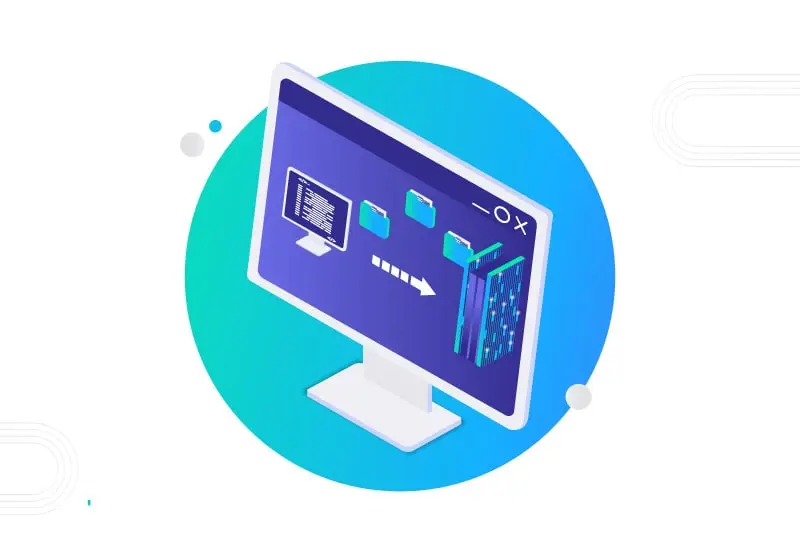
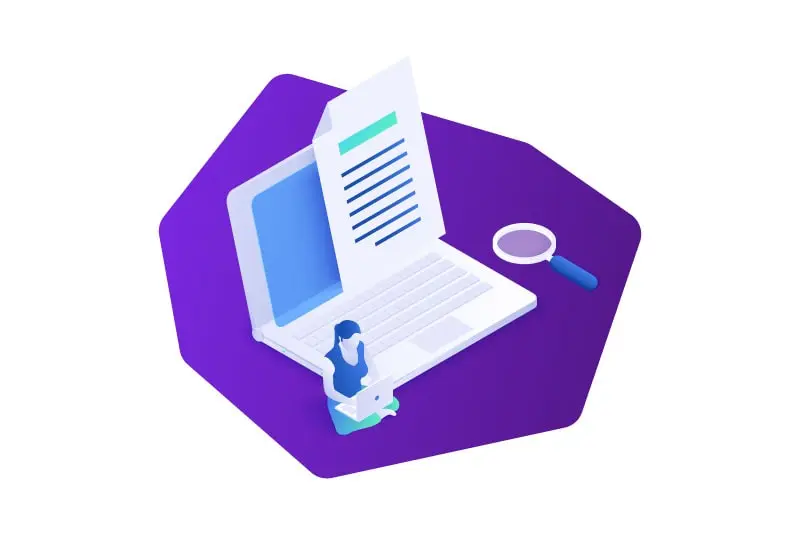
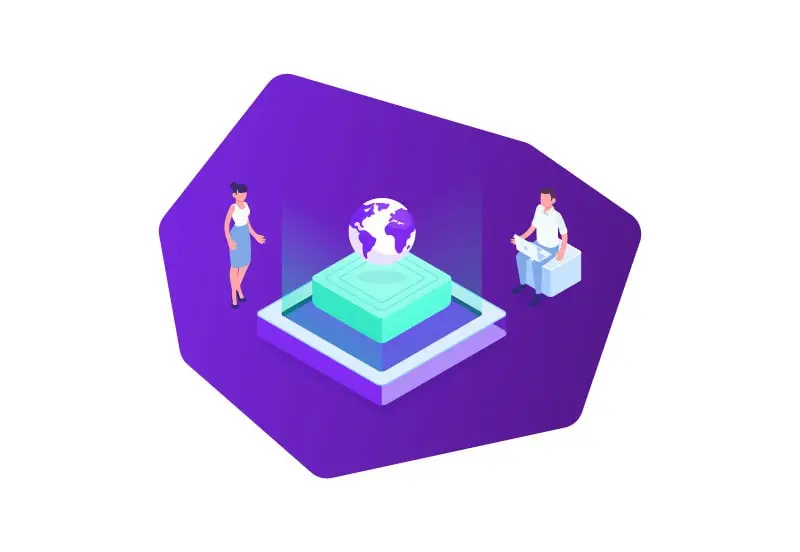
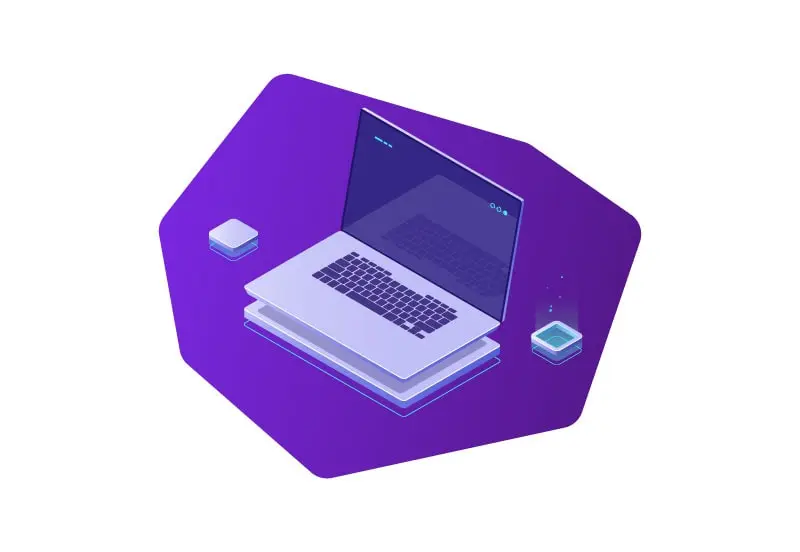
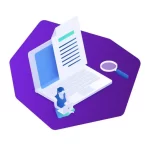
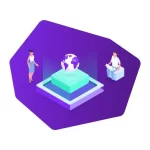
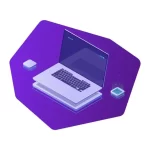
2 thoughts on “Demystifying Web Scraping: Definition, Uses, Legality, and Future”
Web scraping is like having a superpower to extract data from websites automatically. It’s a way to gather information without manually copying and pasting. You can think of it as a digital data-harvesting technique that lets you unlock valuable insights from the web. It’s pretty awesome!
Hi Lucy!
Web scraping refers to the automated process of extracting data from websites. It involves retrieving and parsing HTML or other structured data from web pages to extract the desired information. Web scraping enables organizations and individuals to collect and analyze data from various online sources efficiently. It has numerous applications in research, data analysis, business intelligence, and more. However, it’s important to be mindful of legal and ethical considerations when engaging in web scraping activities.